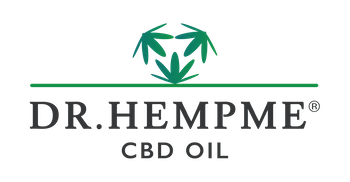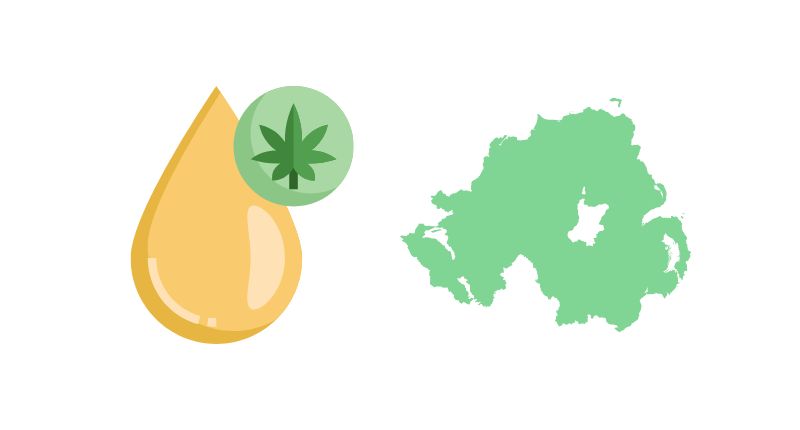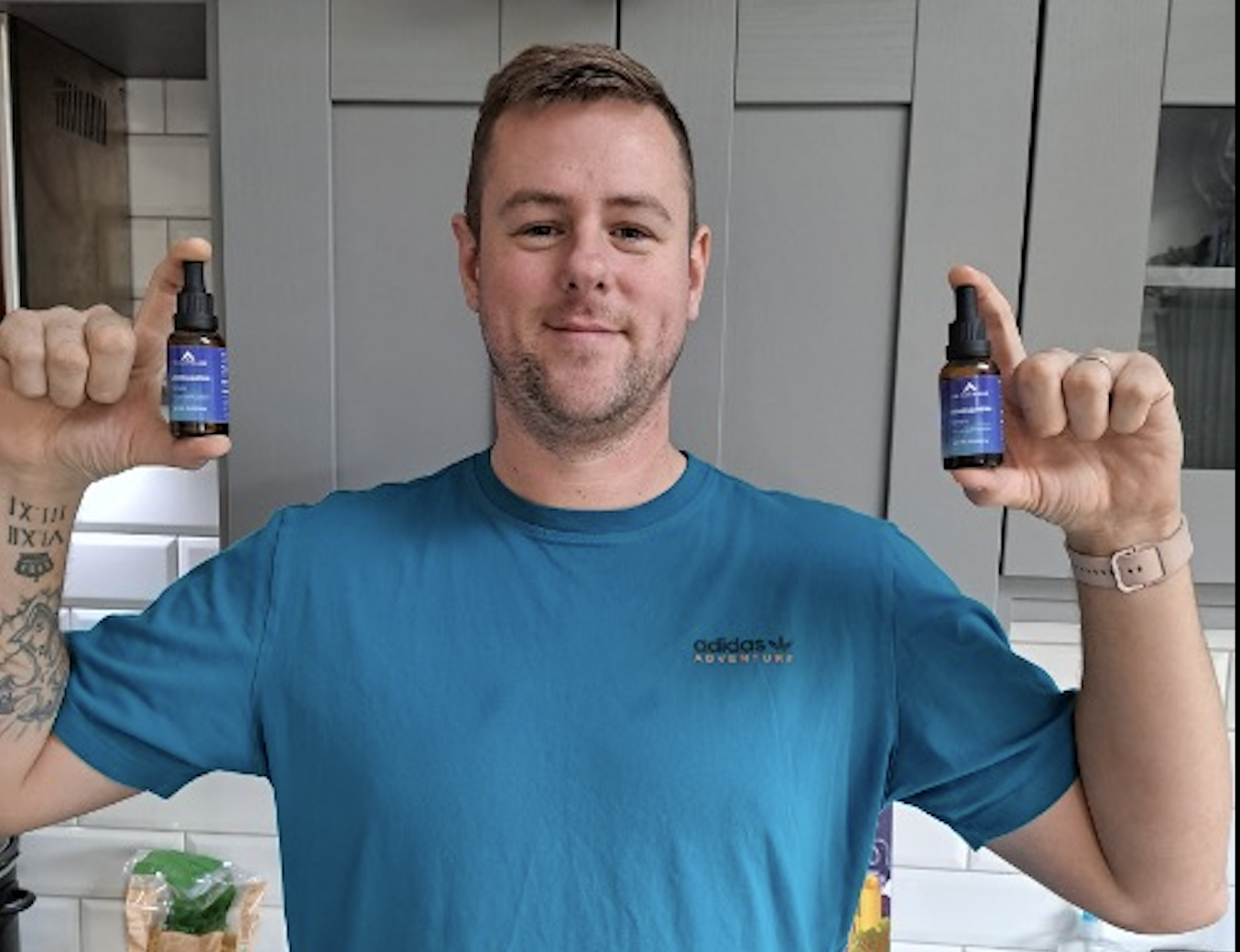In Northern Ireland, CBD oil has garnered notable interest, with its legal status clear: as long as it contains no more than 0.2% THC and isn’t marketed as medicinal, it’s permissible. This non-psychoactive supplement, primarily derived from the hemp variety of the cannabis plant, has become a sought-after addition to many daily diets.
Is CBD Oil Legal in Northern Ireland?
So you want to know the answer, is it legal? Absolutely. CBD oil, enriched with over 100 different cannabinoids, can be purchased without a prescription, especially from trusted e-commerce platforms like Dr. Hemp Me.
CBD is the second most abundant cannabinoid in the plant and now a popular food supplement to be used as part of a daily diet. CBD oil is legal in Northern Ireland, and can be purchased from a number of different retailers.
It owes its legality to its primary source: the hemp plant, which is rich in CBD and contains negligible THC, ensuring no ‘high’ for its users. Today, Northern Irish consumers have a range of CBD products at their fingertips, from tinctures and capsules to trending edibles like CBD Gummies.
These options help to eliminate the natural flavor of hemp and make supplementation even more simple for those with a sensitive palette. However the original form of CBD supplement, CBD Oil, in its raw and most natural state, is the best way to add Cannabidiol to your diet.
Check out our most popular picks below:
The Potential Risks
So, it’s important to remember. Possession of hemp-derived cannabis oil is not an offence in Northern Ireland. Thanks to its hemp plant origin CBD is not addictive as a compound and does not produce the psychoactive effects associated with marijuana derived cannabis.
The hemp plant is rich in Cannabidiol (CBD) and contains only trace levels of tetrahydrocannabinol (THC). This tiny amount is not capable of causing any sort of ‘high’ in its user and makes it legal to buy and sell as a diet or food supplement.
CBD supplements are generally safe to use, with a few, rare side effects such as fatigue, dry mouth, and changes in appetite. This supplement is not psychoactive and is also non-toxic meaning it can be ingested safely every day for optimal supplementation.
Just like vitamins or mineral additions to any diet, CBD should be used as per the guided dosage on the product label and used as part of a balanced diet.
It is important for people to know that Cannabidiol is not currently regulated by any government body, and so its quality can vary significantly between brands.
More Reading: CBD Oil in Ireland with Highest THC: Is It Legal & What Are the Risks?
Brand Disclaimer
CBD oil is not covered by health insurance in the UK, however some higher potency products are available through the NHS on prescription.
Most people however access CBD supplements over the counter by purchasing from a retailer who does not advertise their products as having any medicinal or health benefits. These products must also contain less than 0.2% THC in them.
How to Use these Supplements
CBD supplements can be used in a variety of ways depending on the person’s needs and preferences. The most common method of using CBD supplements is orally, either by swallowing a capsule or tincture, or by consuming edibles or beverages infused with CBD.
CBD can also be applied topically to the skin in the form of lotions, oils, or balms, or inhaled using a vaporiser. When taking CBD orally, it is important to start with a low dose and increase gradually as needed in order to avoid any unwanted side effects such as drowsiness or upset stomach.
CBD supplements can be taken with or without food. If you experience any digestive issues, it is best to take your CBD supplement with a meal.
When using CBD topically, it is important to choose a product that is specifically designed for topical use and to apply it to clean, dry skin. Start with a small amount and increase as needed.
The History of Hemp Here
Hemp has been grown in Northern Ireland for centuries. The first record of hemp cultivation in Ireland dates back to the 16th century, when it was grown for its fiber.
Hemp continued to be grown in Ireland for fiber throughout the 17th and 18th centuries. In the 19th century, hemp was also grown for its seed, which was used for food and oil.
During the early 20th century, hemp production in Ireland declined due to the rise of synthetic fibers. However, hemp production resurgence in the late 20th century, due in part to the growing demand for natural fibers. Today, hemp is grown for a variety of purposes, including fiber, food, and oil.
The Future of Hemp in NI
CBD oil is legal in Northern Ireland as long as it contains no more than 0.2% THC and is not advertised as a medicinal product. Hemp oil is a versatile product that can be used for a variety of purposes. It is a natural source of omega–3 and omega–6 fatty acids, which are essential for human health.
Hemp oil can be used as a cooking oil, as a base for CBD products, and as a source of CBD. Hemp oil is legal in northern Ireland, and it is expected that the demand for will continue to grow in the future.




















